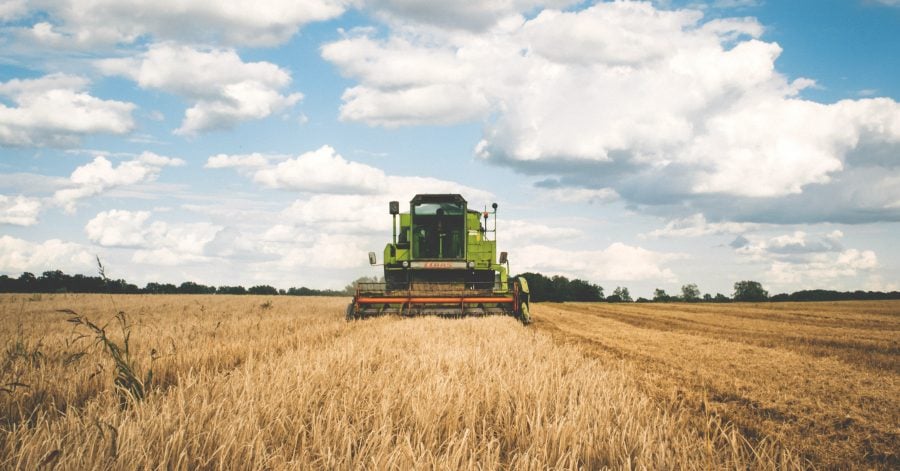“In the next 3 years agrifood will grow as one of the pillar areas of the Romanian startup ecosystem,” says Mircea Vadan, Managing Partner at Activize.Tech. Romania is a key player in the European agriculture market. For this reason, the country will have access to over €20B between 2021-2027 to develop its traditional niches into tech-optimized verticals.
Impact Hub Bucharest and Activize.Tech are two communities that want to see European initiatives grow and strengthen the ecosystem. Together they have launched the first Romanian Agrifood Tech Startups Overview Report. The 50 agritech startups map depicts the fundings, the verticals, and the trends for the following years.
Speeding up the growth sustainably
“With the overview report we want to give a bump to the trend, to speed up things and to put in the spotlight the potential of the domain and our future involvement in the area,” says Mircea.
He told The Recursive that during the pandemic, many people living in urban areas bought more from local farms. According to Vadan, agritech is a great opportunity to bring digital to smaller farms for production and distribution purposes. The authors of the report believe that it is a good moment to help develop the niche sustainably to reduce pollution, increase scalability, and improve the quality of food, and animal welfare.
“Regional marketplaces for showcasing farms and products are good, practical, solutions even if they are growing slowly. There is a challenge for transportation and delivery, but with enough demand, the logistics can be optimized,” concluded Mircea.
$4M investment market with room to grow
Since 2018, the Agritech market has been growing in Romania both when it comes to financing programs, but also startups. This market has drawn 11 rounds of investment, worth around $4M. Compared to the European market, the Romanian agrifood sector investment is small. Across the continent, the report shows over 650 funding rounds and over $3B raised.
Out of these three years, 2019 saw the biggest funding opportunities, with $2.5M raised in one year. Daniel Matei, Business Development Manager at Impact Hub Bucharest, told us that back then, agritech and foodtech sectors had a few well-established startups, but the sector was lacking momentum in terms of new initiatives. During these years there were 3 pre-seeds rounds of over $370K, 4 seeds of over $400K, and 3 Series A worth $3M.
Romania’s innovation trends in agrifood
The trends standing out in the country are:
- IoT in farming,
- lowering the distance between farmers and consumers,
- precision farming,
- Biotechnology,
- nutrition and well-being.
According to the report, the European trends are quite similar, but some verticals haven’t, yet, popped up in Romania, like farming as a service, food-tracking apps, autonomous machinery, and e-grocery.
Romanian Agritech startups have been divided into five verticals – farm management and automation, information platforms and marketplaces, apiary sector, nutrition and well-being, food delivery, and restaurant booking apps.
Although Romania is a big and old agriculture producer in Europe, with decades of experience, its niches are in greater need of optimization. AgriCloud, AgroCity, alAgri, Nextfarm, Solarino, and StartAgro are only a few names that are trying to digitize the sector. While MadeinCluj or Microgreens encourages small companies to join forces on a dedicated marketplace.
As the second producer of honey in Europe, Romania’s startups, Apiary Book and Venomia, are two fresh projects offering automation in this sector. And Verdino or Wello are two projects that aim to offer new food categories and teach families how to change their diet to live a better, happier, life.
The pandemic affected many businesses in the HoReCa and e-groceries sectors, making most of them rely on delivery apps. This niche has seen considerable growth in 2020, with more requests to deliver pre-made menus and packages. BGourmet and Restograf are two tools restaurant owners can use to improve their bookings.
“We see a mix of players accelerating the development of this field, from traditional farmers looking for tech solutions, to large companies (in agriculture, retail, and tech) and financial institutions becoming more and more involved. The first edition of the report allows us to understand the benchmark of where we are today and measure more efficiently in the following years the progress reported by the startups,” concluded Daniel.







